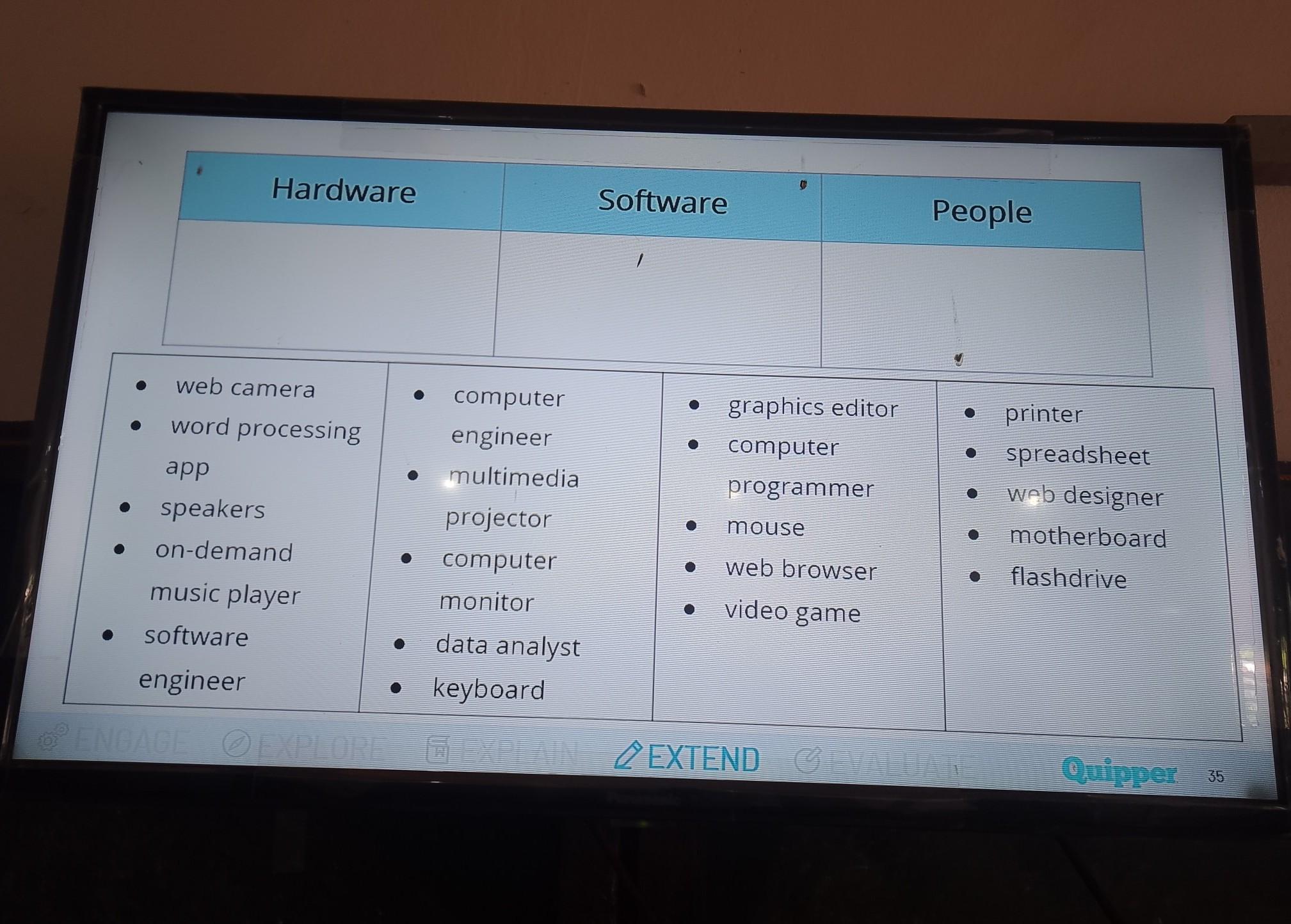Answer:Modals of Possibility and Probability for Past SituationsMust, may, might, can’t and couldn’t are used with a present perfect verb form to show how certain a speaker is that a past situation happened or didn’t happen.AffirmativeFormula: MODAL + HAVE + PAST PARTICIPLE (to show how certain the speaker is that something happened)Must have + past participle shows a great deal of certainty that something happened, but there is still some doubt in the speaker’s mind. He/she is not 100% certain. For example:The students did well on the test. They must have studied hard.(There are other possible reasons why the students did well on the test. It might have been very easy, or they might have already learned the material. The speaker uses must have studied hard to show that he/she thinks this is the most logical reason they did so well.) For example:I’ve phoned Jim several times, but he doesn’t answer. He must have gone out.(The speaker believes this is the most logical reason why Jim doesn’t answer the phone. However, other reasons are possible. He might not have heard the phone, or he might not have wanted to talk to anyone.)May, might and could convey the idea that a speaker is only 50% or less certain that something happened. The use of could implies a little more certainty. For example:My wife doesn’t answer the phone. She may (might, could) have gone shopping.(The speaker doesn’t know for sure that his wife went shopping. However, it is his best guess.)NegativeFormula: MODAL + NOT + BASE VERB + PAST PARTICIPLE (to show how certain the speaker is that something didn’t happen)Can’t or couldn’t have + past participle shows that the speaker is very certain something didn’t happen. For example:Robin looks tired today. She can’t have slept well last night.(This is the speaker’s best guess as to why Robin looks tired. Of course, other reasons are possible. For instance, she might be ill.)
#cary on learning

